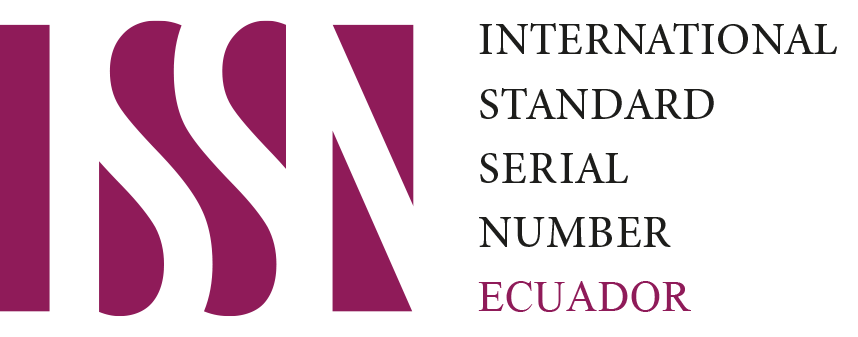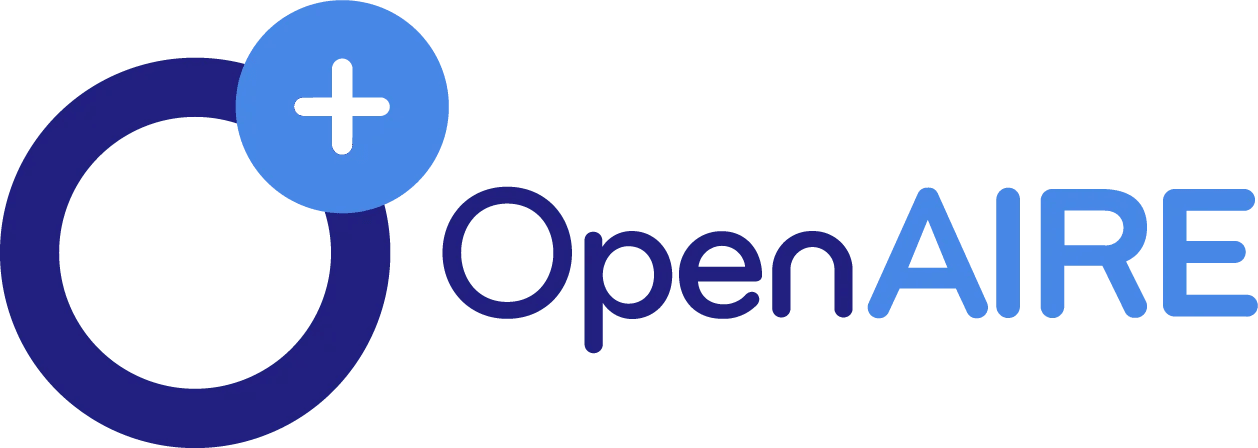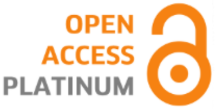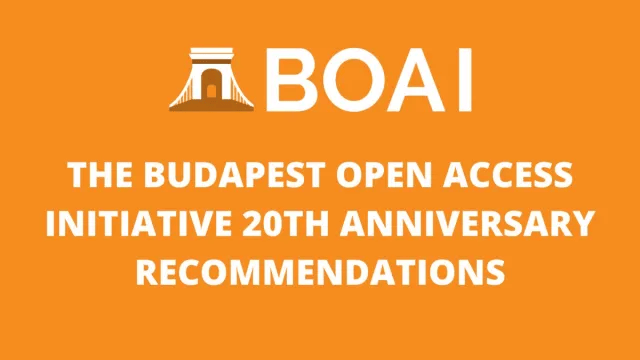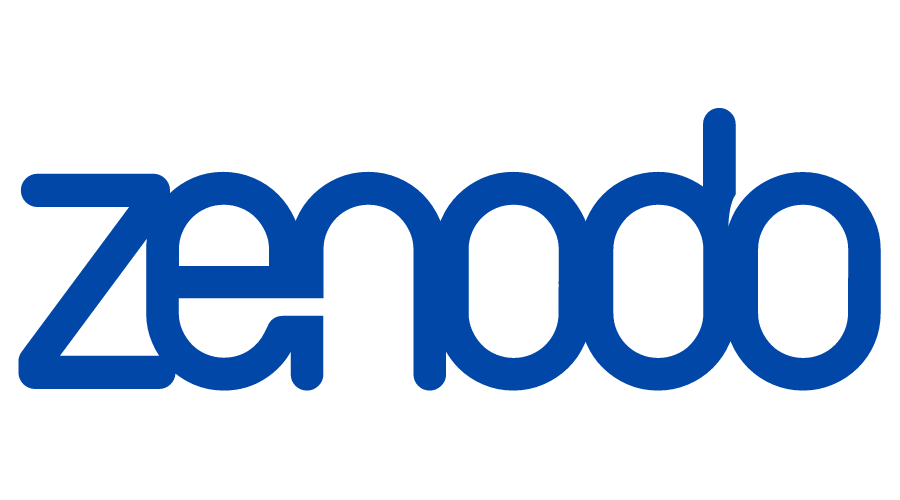Digital Leadership in Latin America: Key Competencies forManagers
DOI:
https://doi.org/10.5281/zenodo.16753840Keywords:
digital leadership, management competencies, organizational transformation, interpersonal skills, digital ethicsAbstract
This study examines key digital leadership competencies in the Latin American context, aiming to identify priority skills for managers leading technological transformation processes in both public and private organizations. The investigation was conducted using a sequential explanatory mixed-methods approach. In the first phase, a systematic review of scientific literature indexed in databases such as Scopus and Web of Science was conducted to define a solid conceptual framework. In the second phase, a structured survey was administered to 126 managers from five Latin American countries, complemented by semi-structured interviews with organizational experts. The results showed that interpersonal competencies were the most valued by participants, followed by digital techniques and strategic competencies. Adaptive and ethical competencies received lower relative weighting, which poses challenges in terms of sustainability and digital governance. Factor analysis and the AHP method enabled the identification of distinct digital leadership profiles and a ranking of competition dimensions based on their perceived impact. The study’s conclusions highlight ed the need to strengthen comprehensive training programs that encompass both soft and technical skills, as well as ethical skills, and to create institutional conditions that facilitate the effective development of digital leadership. Recommendations were proposed for universities, human talent managers, and decision-makers in the public sector.
Downloads
References
Antonacopoulou, E., & Bento, R. (2023). Digital leadership: Navigating uncertainty and disruption. Journal of Business Research, 157, 113481. https://doi.org/10.1016/j.jbusres.2023.113481
Banco Interamericano de Desarrollo (BID). (2022). Liderazgo y habilidades digitales en América Latina. https://publications.iadb.org/es/liderazgo-y-habilidades-digitales-en-america-latina
Bernal, M. I., & Riveros, C. A. (2022). Liderazgo distribuido en entornos digitales: hacia una nueva cultura organizacional. Revista Latinoamericana de Psicología del Trabajo y de las Organizaciones, 28(1), 67–84. https://doi.org/10.26752/rlpto.v28i1.3461
Bughin, J., Catlin, T., Hirt, M., & Willmott, P. (2019). Why digital strategies fail. McKinsey Quarterly. https://www.mckinsey.com/business-functions/mckinsey-digital/our-insights/why-digital-strategies-fail
CAF – Banco de Desarrollo de América Latina. (2021). Transformación digital y desarrollo sostenible en América Latina.le/123456789/1803 https://scioteca.caf.com/hand
CEPAL. (2023). Índice de gobernanza digital en Améri ca Latina. Comisión Económica para América Lati na y el Caribe. https://www.cepal.org/es/publicaciones/48863-indice-gobernanza-digital-america-latina
Cortés, L. (2022). Desigualdad digital en América Latina: Retos para el liderazgo en organizaciones. Revista Ibe roamericana de Estudios Organizacionales, 11(1), 45 61. https://doi.org/10.5281/zenodo.7038013
De la Peña, M., & Rueda, C. (2021). Liderazgo digital en tiempos de incertidumbre: desafíos para la gestión del cambio. Revista de Estudios Organizacionales, 18(2), 134–150. https://doi.org/10.25100/reo.v18i2.11362
El Sawy, O. A., Kræmmergaard, P., Amsinck, H., & Vinther, A. L. (2020). How digital leadership is(n’t) different. Journal of Information Technology, 35(3), 241–251. https://doi.org/10.1177/0268396220922318
García-Peñalvo, F. J., Corell, A., Abella-García, V., & Grande, M. (2022). Digital transformation in higher education: A global approach. Education in the Knowledge Society (EKS), 23, e25457. https://doi.org/10.14201/eks.25457
Garro-Abarca, V., Palos-Sánchez, P. R., & Aguayo-Camacho, M. (2021). Virtual teams intimes of pandemic: Factors that influence performance. Frontiers in Psychology, 12, 624152. https://doi.org/10.3389/fpsyg.2021.624152
Ghislieri, C., Molino, M., & Cortese, C. G. (2018). Work and organizational psychology examines the fourth industrial revolution: ¿How can we support workers and organizations? Frontiers in Psychology, 9, 2365. https://doi.org/10.3389/fpsyg.2018.02365
Goleman, D. (2022). Inteligencia emocional en la era digi tal. Harvard Business Review Press. J. Manage. Hum. Resour. (July - December 2025) 3(2): 21-26 26
Kane, G. C., Palmer, D., Phillips, A. N., & Kiron, D. (2019). Accelerating digital innovation inside and out: Agile teams, ecosystems, and ethics. MIT Sloan Management Review. https://sloanreview.mit.edu/projects/accelera ting-digital-innovation/
Llopis, J., & Fossas, E. (2020). Competencias digitales y liderazgo en la empresa conectada. Harvard Deusto Business Review, (302), 34–41. https://www.harvard-deusto.com/competencias-digitales-y-liderazgo-en-la-empresa-conectada
Mora, M., & Acosta, Y. (2023). Liderazgo en entornos híbridos: Competencias críticas para la transformación digital. Revista de Gestión Humana y Tecnología, 15(2), 88–102. https://doi.org/10.26510/rght.v15i2.2967
Northouse, P. G. (2021). Leadership: Theory and practice (9th ed.). SAGE Publications. Pérez, J. A., & González, L. A. (2023). Transformación digital en América Latina: liderazgo y cultura organizacional. Revista Iberoamericana de Ciencia y Tecnología, 9(1), 51–70. https://doi.org/10.5281/zenodo.8061323
Ramírez, A., & Ospina, L. (2024). Liderar en la disrupción: Una mirada desde Latinoamérica. Revista de Ciencias Sociales Aplicadas, 9(1), 75–92. https://doi.org/10.56789/rcsa.v9i1.301
Salas, V., & Hernández, J. (2021). Competencias digitales para líderes en tiempos de crisis. Revista Latinoamericana de Tecnología y Sociedad, 10(2), 112–129. https://doi.org/10.18682/rlats.v10i2.4212
Santos, C., & Benavides, M. (2024). Gerentes digitales en América Latina: Más allá de la adaptación tecnológica. Revista de Estudios Estratégicos, 12(1), 28–43. https://doi.org/10.53545/ree.v12i1.377
Published
Data Availability Statement
All content published in the Journal of Management and Human Resources is available under the Creative Commons Attribution-NonCommercial-ShareAlike (CC BY-NC-SA 4.0) license. This allows for the reading, downloading, distribution, and citation of articles in any medium or format, as long as it is not for commercial purposes and appropriate credit is given to the authors.
Issue
Section
License
Copyright (c) 2025 Arlenis I. Mursulí, Ronald Linares (Author)

This work is licensed under a Creative Commons Attribution-NonCommercial-ShareAlike 4.0 International License.








